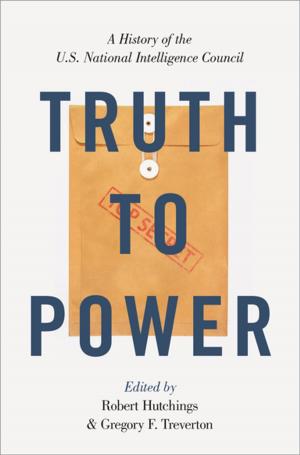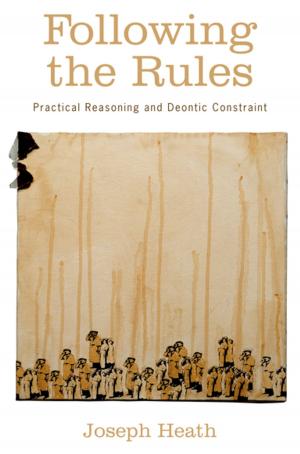Rockne of Notre Dame
The Making of a Football Legend
Nonfiction, Sports, History, Football, Biography & Memoir| Author: | Ray Robinson | ISBN: | 9780190283025 |
| Publisher: | Oxford University Press | Publication: | September 23, 1999 |
| Imprint: | Oxford University Press | Language: | English |
| Author: | Ray Robinson |
| ISBN: | 9780190283025 |
| Publisher: | Oxford University Press |
| Publication: | September 23, 1999 |
| Imprint: | Oxford University Press |
| Language: | English |
In a mere twelve years, Rockne's "Fighting Irish" won 105 games, including five astonishing undefeated seasons. But Rockne was more than the sum of his victories--he was an icon who, more than anyone, made football an American obsession. The book gives us colorful descriptions of such Rockne teams as the undefeated 1924 eleven led by the illustrious Four Horsemen, and the 1930 squad, Rockne's last and greatest. A renowned motivator whose "Win one for the Gipper" is the most famous locker-room speech ever, Rockne was also football's most brilliant innovator, a pioneer of the forward pass, a master of the psychological ploy, and an early advocate of conditioning. In this balanced account, Rockne emerges as an exemplary and complex figure: a fierce competitor who was generous in victory and defeat; an inspiring father figure to his players; and a man so revered nationwide that when he died in a plane crash in 1931, at the height of his career, he was mourned by the entire country. "A solid portrait of one of football's most solid figures."--The New York Times Book Review
In a mere twelve years, Rockne's "Fighting Irish" won 105 games, including five astonishing undefeated seasons. But Rockne was more than the sum of his victories--he was an icon who, more than anyone, made football an American obsession. The book gives us colorful descriptions of such Rockne teams as the undefeated 1924 eleven led by the illustrious Four Horsemen, and the 1930 squad, Rockne's last and greatest. A renowned motivator whose "Win one for the Gipper" is the most famous locker-room speech ever, Rockne was also football's most brilliant innovator, a pioneer of the forward pass, a master of the psychological ploy, and an early advocate of conditioning. In this balanced account, Rockne emerges as an exemplary and complex figure: a fierce competitor who was generous in victory and defeat; an inspiring father figure to his players; and a man so revered nationwide that when he died in a plane crash in 1931, at the height of his career, he was mourned by the entire country. "A solid portrait of one of football's most solid figures."--The New York Times Book Review















